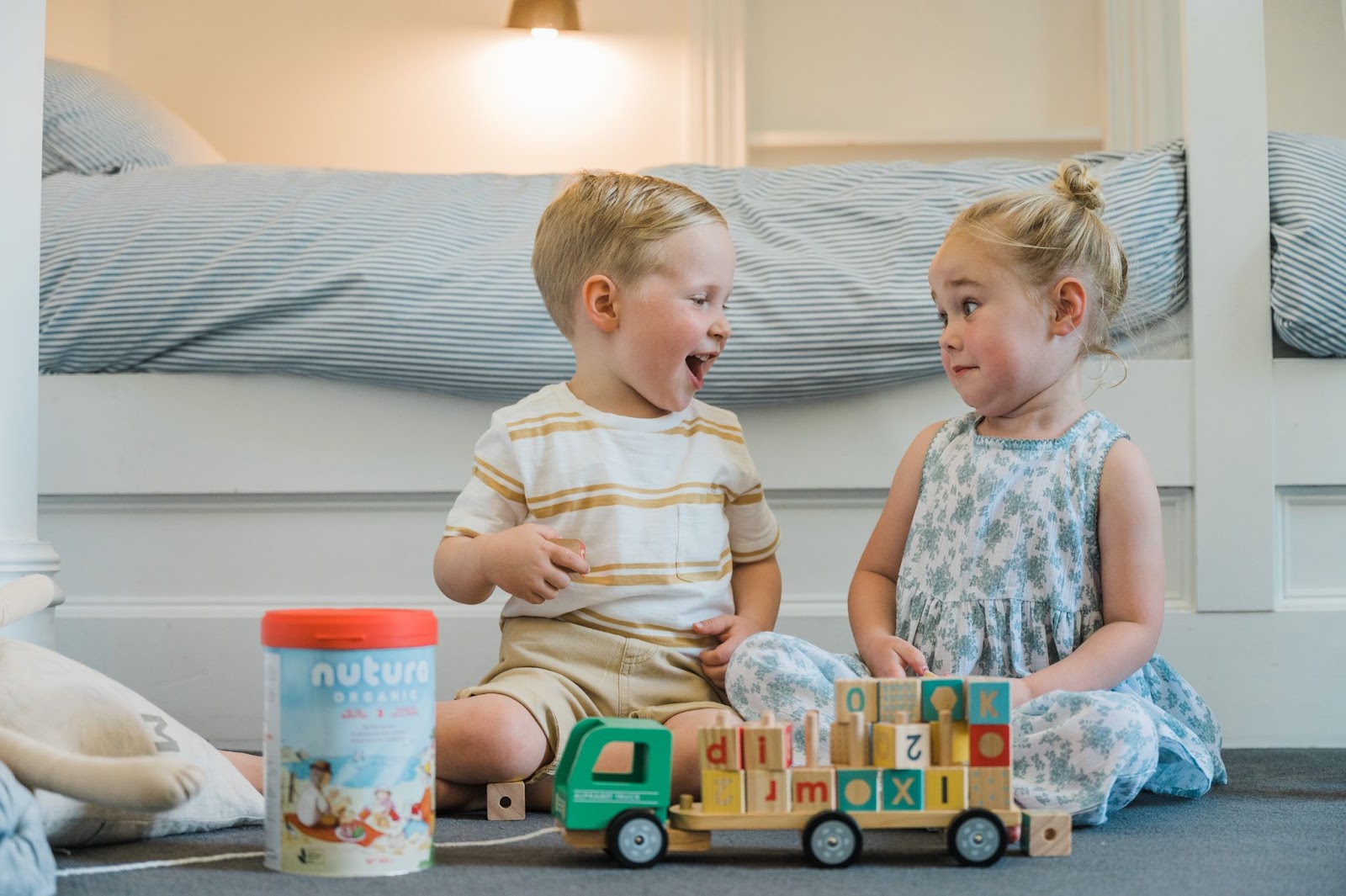3 Ways to Keep Kids Happy, Healthy and Entertained at Home

Even the Covid-19 pandemic was over, here are 3 things you can do & entertain with your children at home whenever you have to work from home
- Have a schedule
To help keep your child’s day organised, create a schedule. This way they have different tasks they can do throughout the day and you can plan the times in which you’ll need to give them more attention.
If you’re working from home you can use your child’s new schedule to synchronise with your work schedule, ensuring your kids are busy when you need to focus on work or join a video call.
Your child’s daily schedule may look something like this:
| 7am | Day starts | Make your bed, have a healthy breakfast, brush your teeth and get dressed |
| 8 – 9am | Exercise | Go for a family walk or bike ride, do yoga, dancing or another form of physical exercise |
| 9 – 9:30am | Snack time | Fresh fruit, vegetables sticks with mashed avocado, cheese and crackers, raisin toast, fruit smoothie, yoghurt and muesli, vegetable pikelets or Bellamy’s Organic fruit snacks. |
| 9:30 – 10:30am | Learning | Use lesson plans provided by your child’s educator or the learning tools suggested below |
| 10:30 – 11:30am | Creativity | Draw, colour, play an instrument, write a story, bake or do something that’s creative. |
| 11:30 – 12:00pm | Choose your own | Free choice activity |
| 12 – 12:30pm | Lunch time | Sandwich or wrap, dinner leftovers, cup of vegetables, sushi, tuna rice salad, frittata, falafel pita pocket, organic pasta |
| 12:30 – 1:00pm | Tidy | Clean up from the morning’s activities |
| 1 – 2:00pm | Rest | Have a nap, read a book, do a puzzle or something relaxing. |
| 2 – 2:30pm | Snack time | Fresh fruit, English muffin with ricotta cheese and banana, frozen fruit, hard boiled eggs, savoury scones, vegetables sticks with hummus, cheese and crackers, fruit smoothie, banana bread or Bellamy’s Organic fruit snacks. |
| 2:30 – 4:00pm | Learning | Use lesson plans provided by your child’s educator or the learning tools suggested below
|
| 4 – 5:00pm | Exercise | Go for a walk, bike ride, play sports or run in the garden |
| 5 – 6:00pm | Dinner | Discuss your day while you eat a healthy dinner as a family. |
| 6 – 7:00pm | Bonding | Bath time and read your favourite books together |
| 7:30pm | Bed | Lights out for younger children and quiet time for older kids. |
- Make use of learning games
Learning doesn’t have to be boring or feel like a chore. With the right learning games, your child will be thoroughly entertained AND eager to learn. Learning games include:
Treasure hunt
A treasure hunt is the ultimate boredom buster and it boosts cognitive development, promotes physical activity and enhances social skills. Treasure hunts teach patience, how to pay attention, team work, exercise, imagination, self confidence and creativity. Hop online and you’ll find a range of pre-made clues.
Build a fort
Give your child a few blankets and pillows and challenge them to turn the couch into a fort. No child will turn down the chance to make a secret base and they’ll be much more likely to play independently once they’re inside.
Locks and bolts
Young kids, especially, will be mesmerised by the act of unlocking something. If you’ve got some locks and bolts, give them a mixed bag and see if they can figure out which lock goes with each key. This will not only keep them amused, it will develop their fine motor skills.
Conversation games
Conversation games are a classic way to pass time and are a great activity to do with the kids when you’re a little distracted (e.g preparing dinner, putting washing on or tidying up). Name 10 is a conversational game in which you declare a category and then have your child name ten examples. Categories could include fruit, vegetables, countries and animals.
Sorting stuff
Curious toddlers enjoy sorting stuff especially if they believe they are helping you. Ask them to sort the laundry into piles, different coloured or shaped pasta into groups, toys into categories, and shoes into pairs..
- Maintain good nutritional habits
Planning your food right will mean your child’s diet will be appropriately balanced. Regular meals can help alleviate some behavioural issues and will stop your kids from snacking unnecessarily. As a parent, you give your child healthy food options and opportunities to eat it. It’s up to your child to decide how much to eat – or whether to eat at all. It’s normal for kid’s appetites to change from one day to the next so try not to force food or offer food rewards. If they don’t eat lots at one meal time, they’ll probably make up for it during the next.
Giving your child healthy nutritious foods is important. It helps to surround your child with messages about healthy eating habits and food. This will help your child make healthy food choices throughout life.
Ways to introduce healthy eating habits include:
- Stock your pantry and fridge with lots of healthy, nutritious options, and refrain from buying unhealthy snacks
- Try to choose fruit and veggies of different colours, textures and tastes – the more variety there is, the more likely it is your child will find something that they’re interested in eating.
- Get your child involved in planning and preparing meals. If your child has helped to make the meal, they’re more likely to eat it.
- Enjoy healthy meals together as a family as often as possible. When your child breaks from their learning, take a break from work and join them for a healthy snack or lunch. This is a great opportunity to ‘check in’ on everyone’s day.
For more tips on nutrition or for some healthy recipes to make with your kids, check out the Belamy’s Organic blog. For tips on how to talk to your child about staying happy, healthy and entertained during self-isolation, click here. Children are also trying to make sense of what’s happening and they look to you for information and comfort. It helps to know how best to talk about it.
Stay safe, happy and healthy from all of us at Bellamy’s Organic.
Featured post
-
05 Diet Plans That Are Good For Your Health
31/07/2022
-
Best Times to Sleep for Adults & Children
01/06/2022








